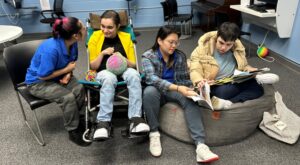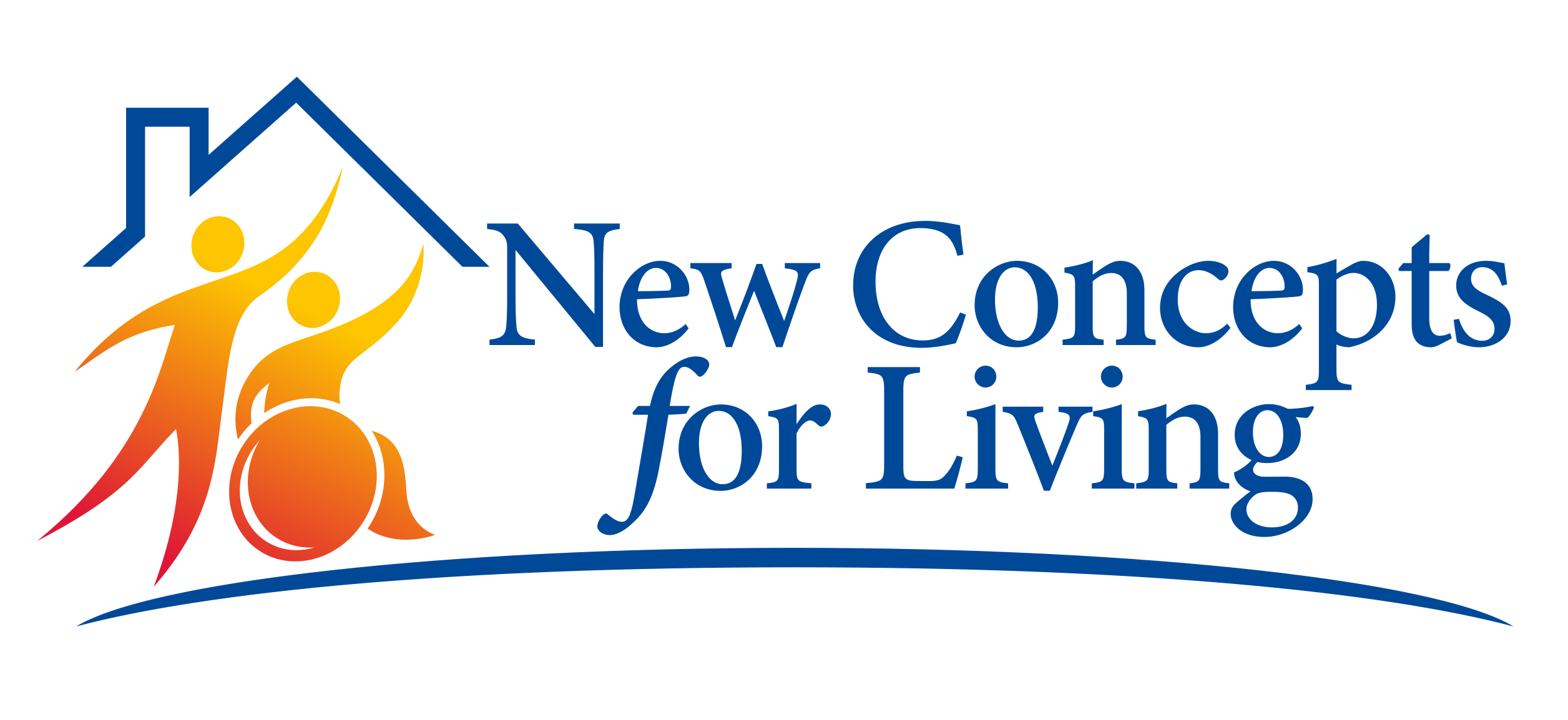
Individuals with intellectual and developmental disabilities (IDD) often require assistance and specialized care based on the disabilities they have. As with everyone, the unique needs of people with IDD evolve and change over time as they age.
Children and adolescents with disabilities have a more extensive support system, primarily through the assistance they receive from the educational system. However, once they graduate and leave the educational system, individuals with IDD no longer have access to the same resources as they become adults. There are, however, other services for adults with disabilities—commonly known as adult services—but transitioning to them can sometimes be challenging.
In this article, we’ll look at some of the challenges people with IDD may face when making the transition to adult services and cover important tips for doing so successfully.
What Are Some of the Challenges When Transitioning to Adult Services?
For individuals with IDD, the transition to adult services can be a challenging and complex process. This transition involves moving from the support and services provided by the educational system to the adult services system, which can include healthcare, housing, employment, social services, and other resources. The process can be overwhelming for both the individual and their family, as there are many decisions to be made and changes to adjust to. Let’s take a closer look at some of the challenges that come with transitioning to adult services:
- Less Structured Support – One of the primary challenges that individuals with IDD and their families face during the transition to adult services is the loss of the structured support provided by the educational system. In school, individuals with IDD receive specialized services and support that are tailored to their needs. However, these exact services may not be available in the adult services system, which can lead to a feeling of loss, uncertainty, and not knowing what to do. The lack of structured support can also make it difficult for individuals with IDD and their family members to navigate the complex system of adult services independently and find the services they need.
- Eligibility for Services – Another challenge is the change in eligibility requirements for services. In the educational system, eligibility for services is typically based on the individual’s age and diagnosis. However, in the adult services system, eligibility is often based on the individual’s level of functioning and ability to perform activities of daily living (ADLs) This can make it more difficult for individuals with IDD to qualify for services and support.
- Planning for the Future – In addition to the challenges of the transition itself, individuals with IDD and their families also face the challenge of planning for the future. This includes making decisions about housing, employment, and financial planning. These decisions can be complex and require careful consideration of the individual’s strengths and limitations, as well as the resources available to them.
Now, let’s look at some important information that can help individuals with IDD and their families make the transition to adult services.
Tips for Making the Transition to Adult Services
There are several strategies that can be employed to help individuals with IDD and their families make a successful transition to adult services, including:
- Start Planning Early – One important strategy is to start the transition planning process early. This can help ensure that the individual and their family have the time and resources they need to make informed decisions and navigate the complex system of adult services. Starting to plan ahead long before the individual with IDD ages out of the educational system can help ensure that the transition is as smooth as possible.
- Involve Your Loved One With IDD – Another important strategy is to involve the individual with IDD in the planning process as much as possible. This can help ensure that the individual’s needs, goals, and preferences are taken into account, and can also help promote self-advocacy skills.
- Seek Outside Assistance – It is also important to work with a team of professionals who specialize in adult services for individuals with IDD. This team can include social workers, case managers, healthcare providers, nonprofit organizations, and others who can provide guidance and support throughout the transition process.
- Understand the Resources Available and Use Them – Finally, it is important to stay informed about the resources and services available in the community. The first step for most families is to work with a state agency to determine the services available to them and the next steps to take to access them. For example, the New Jersey Division of Developmental Disabilities ensures the opportunity for individuals with developmental disabilities to receive quality services and support, participate meaningfully in their communities, and exercise their right to make choices. Working with a similar division in your state is a crucial step toward accessing the resources and care your loved one needs. In addition to working with a state agency, you can also attend workshops and conferences, network with other families and individuals with IDD, and stay up-to-date on changes in policies and regulations related to adult services.
The transition to adult services can be a challenging and complex process for individuals with IDD and their families. However, with careful planning, support, and guidance, individuals with IDD can successfully navigate the system of adult services and achieve their goals for independence, employment, and community participation.
At New Concepts for Living (NCFL), our mission is to serve individuals with intellectual and developmental disabilities, and it is the fundamental force that makes us the premier community for adults with IDD in New Jersey. We are committed to caring for and nurturing adults challenged with special needs so they can attain their highest level of wellness, independence, and achievement. This includes supporting them and their families with the transition to adult services and providing them with the resources they need to be successful and live long, fulfilling lives.
Our meticulously maintained homes and caring staff enable us to provide the highest level of service for the individuals we care for. We also work to continuously improve our services and homes in order to provide the best care for our residents now and in the future, like our new medically fragile homes opening up, which use things like ceiling lift track systems.
In addition, NCFL has an Adult Achievement Center Day Program that offers the most robust and diverse calendar of activities for those we serve. We understand that a busy and productive life is the key to leading a fulfilling life and promoting mental health.
We recognize the need for quality services for every extraordinary individual in northern New Jersey and are committed to expanding. NCFL is currently building new community residences (group homes) in Old Tappan, Mahwah, Hillsdale, and Upper Saddle River—as well as planning to open a larger Day Program Facility in 2023—and is dedicated to finding ways to further expand and grow to better serve our community! You can learn more about the work we do, make a donation to support our mission, contact us for more information, or request placement for a loved one today!

